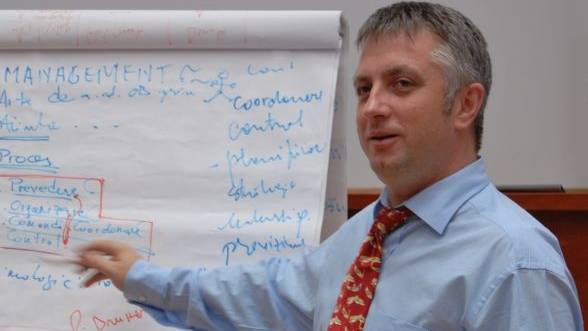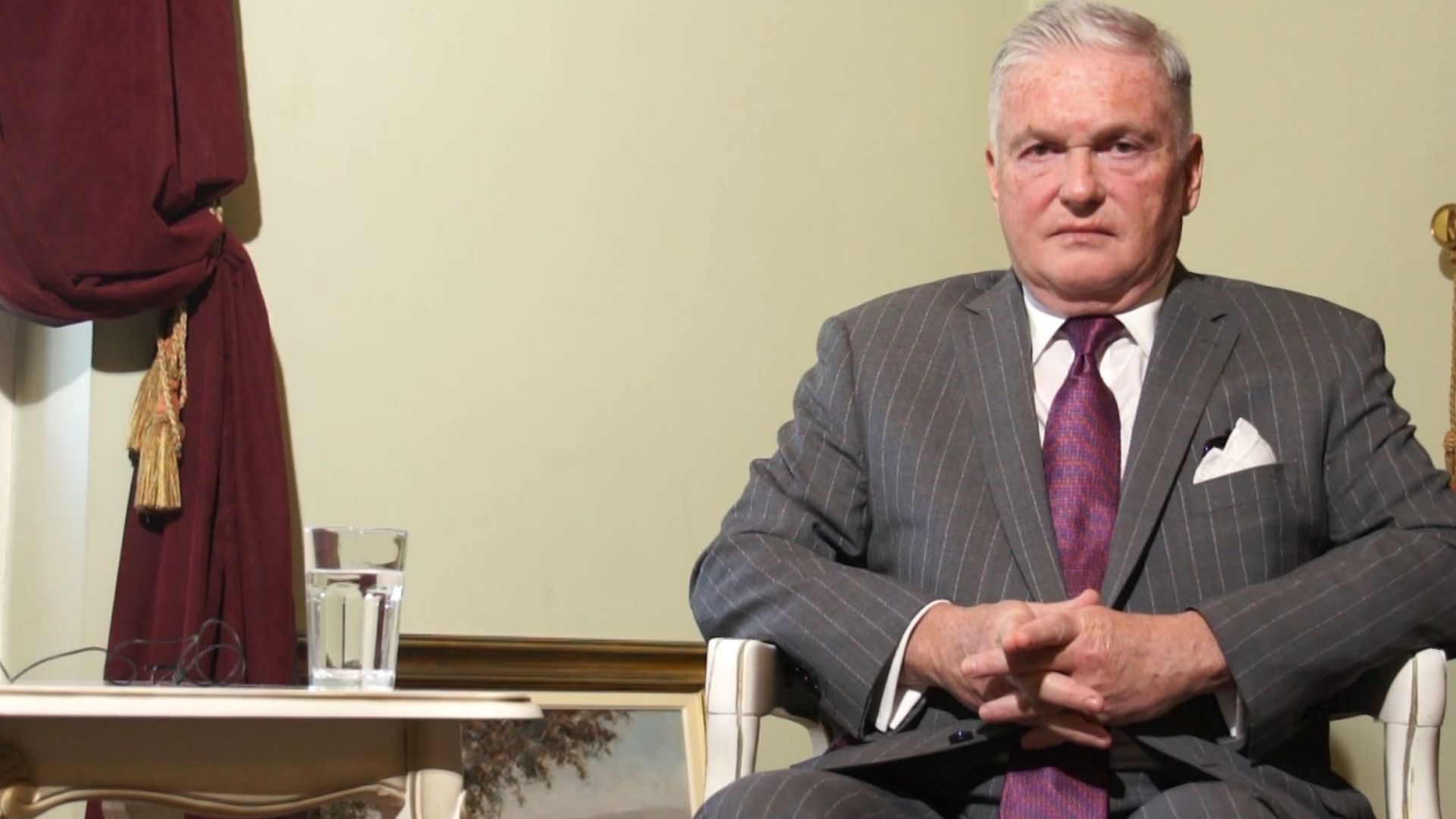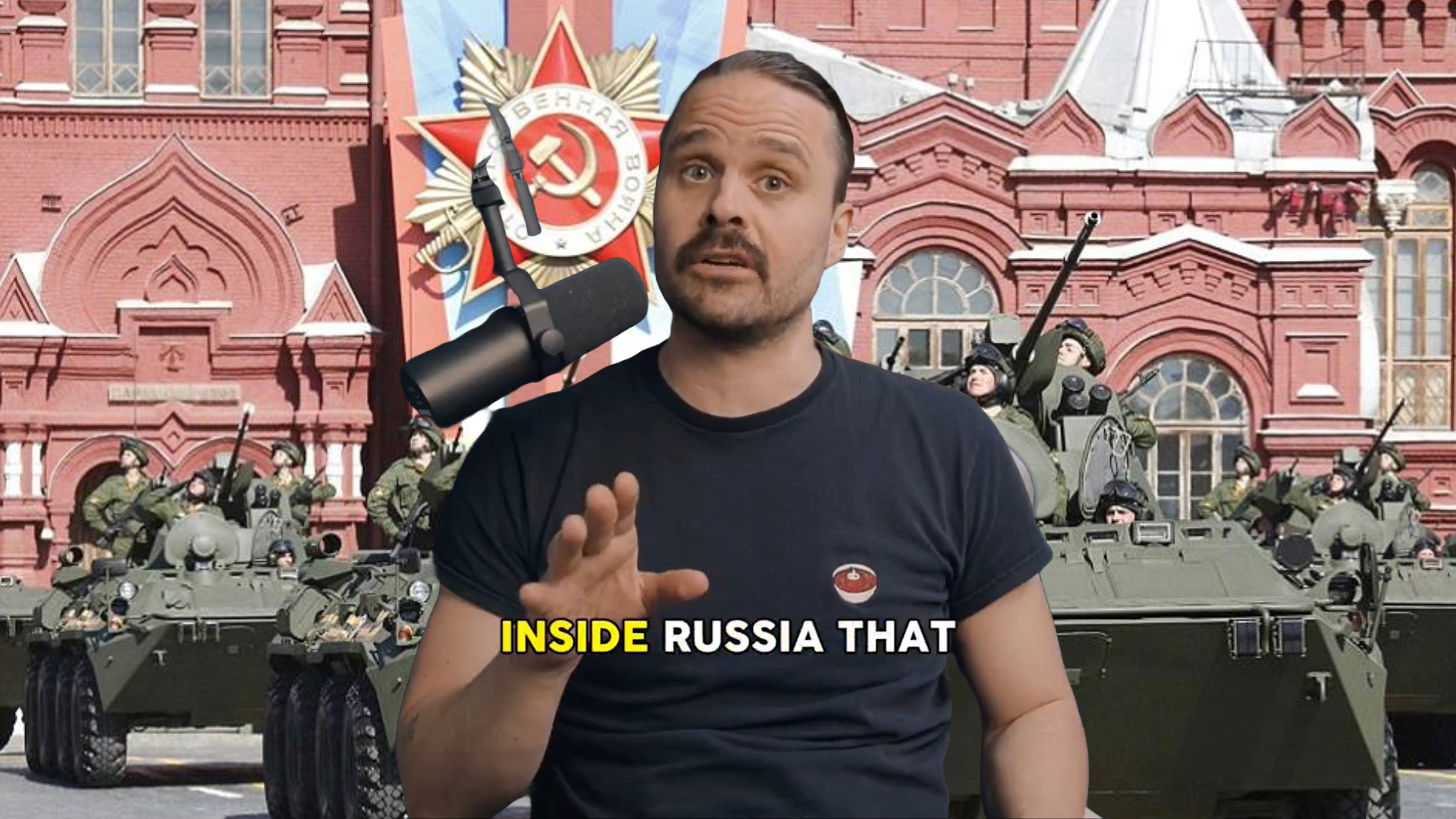În mijlocul catastrofei cu oraşe întregi rase de pe faţa pămîntului, baraje rupte, explozii şi incendii la rafinării, majoritatea uzinelor mari închise, zeci de mii de oameni despre care nu se ştie dacă sînt sau nu în viaţă, cel puţin cîteva sute de mii de sinistraţi şi zeci de milioane de persoane afectate, ochii întregii lumi civilizate sînt aţintiţi obsesiv aproape exclusiv asupra centralelor nucleare japoneze. Centrale care au rezistat unuia dintre cele mai mari cutremure, sutelor de replici puternice ale acestuia şi unui tsunami devastator. Toate acestea fără măcar o victimă omenească.
Însă efectul global asupra dezvoltării nucleare din următorii poate mulţi ani va fi devastator. Primele reacţii sînt deja categorice şi arată direcţia în care va merge isteria globală:
„Uitaţi vîntul! Uitaţi soarele! Uitaţi energia verde! Dezastrul nuclear din Japonia va intensifica doar cursa globală pentru combustibili fosili ieftini, iar majoritatea fondurilor de cercetare şi dezvoltare se vor îndrepta spre domeniul securităţii nucleare.” (Benny Peiser, 14 martie 2011)
„Orice încercare de migrare de la energia nucleară va favoriza cel mai probabil gazul natural, cea mai practică alternativă cu emisii reduse de carbon.” (David Musiker, Reuters, 14 martie 2011)
„Energia nucleară ar trebui să aibă un rol de jucat în reducerea emisiilor de carbon. Dar temerile legate de securitate ar putea ucide renaşterea sa, cel puţin în Occident. Deşi suportul pentru noi construcţii de centrale nucleare părea să se furişeze uşor în SUA şi Europa, acesta rămîne foarte fragil. Chiar şi un singur accident mai grav l-ar putea distruge.” (Financial Times, 14 martie 2011)
„Guvernul federal din Germania intenţionează să verifice toate cele 17 centrale nucleare germane aflate în funcţiune. Problema utilizării cărbunelui revine în actualitate.” (Die Welt, 14 martie 2011)
„Costul rămîne cel mai mare obstacol pentru orice relansare a energiei nucleare. Impuls pentru o revenire a fost, de asemenea, încetinit deoarece alte surse de energie rămîn mai puţin costisitoare. Gazul natural este ieftin, mai ales cu descoperirea noilor zăcăminte din şisturi. De asemenea, nu a apărut nici o acţiune legislativă pentru taxarea emisiilor de carbon.” (Jia Lynn Yang, Washington Post, 13 martie 2011)
„Fostul preşedinte Bill Clinton a declarat vineri că întîrzierea permisiunii de foraj marin este ‘ridicolă’ într-un moment în care economia este încă în reconstrucţie, potrivit participanţilor la IHS CERA Week Conference.” (Darren Goode, Politico, 11 martie 2011)











![marius-bostan-foto[1] marius-bostan-foto[1]](https://inliniedreapta.net/wp-content/uploads/elementor/thumbs/marius-bostan-foto1-qt9ywoo2b2lgv37b76h9qr5yo6db5vwzoxbuvd4e6o.jpg)












1 Comment
dr pepper
14 March 2011Reuters:
Radiation fears spark panic, evacuations in Tokyo
a ridicat stacheta.
comentarii:
(le dau cu copy/paste pt ca exista riscul sa se piarda)
eu unul nu cred ca cei ce sustin ca traiesc in Japonia si infirma stirile reuters sunt trolli.
Insa in cazul asta – reuters se pare ca are o problema mare.